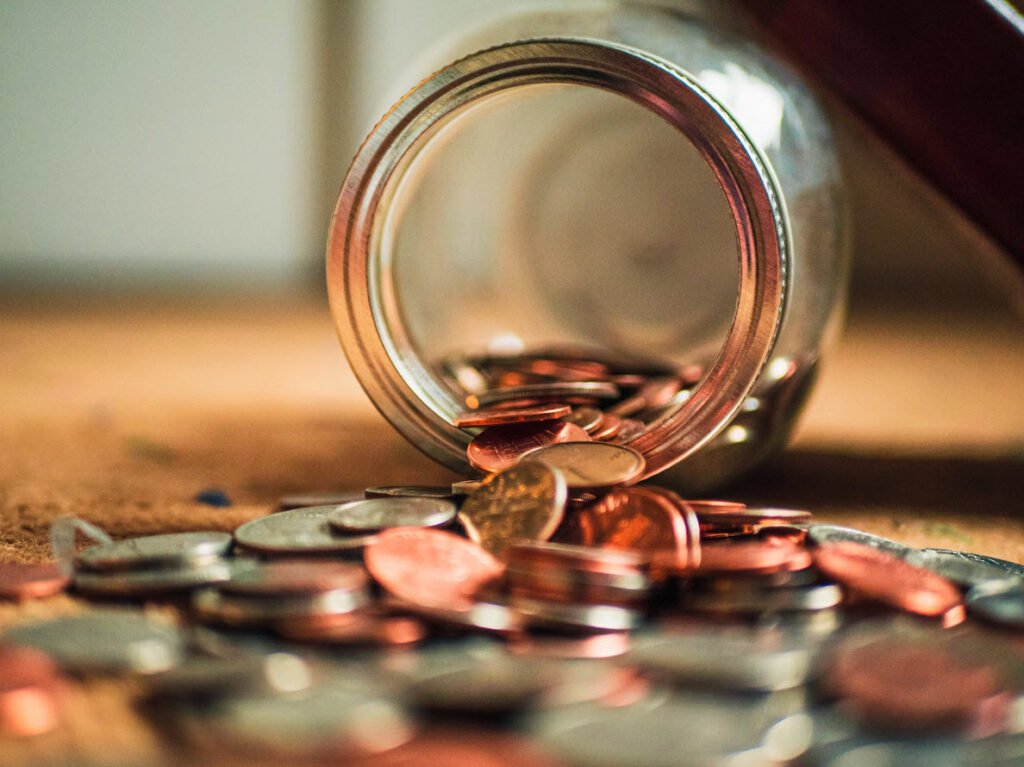Complete these definitions with words or expressions from the box. In each case, the words / expressions you need are connected in some way: for example, they might have a similar meaning, they might be related to the same business issue, or they might be opposites (but often used together when talking about the same topic).
You will need to use one word from the box twice.
audit * balance * bankrupt * borrow * budget * commission * compound * credit * debit * default * deflation * deposit * discount * dividend * duty * exorbitant * expenditure * fund * gross * honour * income * inflation * insolvent * interest * invoice * lend * net * overpriced * pension * rebate * receipt * redundancy pay * refund * royalty * salary * shares * simple * sponsor * statement * stocks * subsidize * tax * underwrite * venture capital * wage * withdraw * working capital
1. If you ________ money to someone, you let someone use your money for a certain period of time. If you ________ money from someone, you take someone’s money for a short time (usually paying interest and then repaying it).
2. When you ________ an account, you put money into it. When you ________ an account, you take money out of it.
3. If a company is ________, it has lost all its money. If a company is ________, it has lost all its money, it has also borrowed a lot, and it cannot pay back its debts (= money it owes).
4. A ________ is part of a company’s profits shared out among shareholders (see number 18). A ________ is money paid to the author of a book, an actor, a rock star, etc, as a percentage of sales.
5. In the UK, ________ are one of the many equal parts into which a public company’s capital is divided. ________ are similar, but are issued by the government.
6. ________ profit is the profit you make before money is taken away to cover costs of production, labour, tax, etc. ________ profit is the money you are left with after costs, taxes, etc, have been taken away (money which is taken away is called a deduction).
7. If you ________ money in an account, you put money into the account. If you ________ money, you take it out of your account.
8. ________ is money taken by the government from incomes, sales, etc, to pay for government services. ________ is money that has to be paid for bringing goods into a country.
9. ________ is the money you receive (for example, your wage or salary). ________ is money you spend.
10. Something which is ________ is too expensive. Something which is ________ costs much more than its true value.
11. A ________ is money that is earned on a daily or weekly basis (often for a part-time, temporary or unskilled job). A ________ is money that is earned monthly or annually (usually for a full-time, permanent or skilled job or profession).
12. An ________ is a note, or bill, sent to you to ask for payment for goods or services. A ________ is a note (from a shop, for example) which shows how much you have paid for something.
13. A ________ is the percentage by which a full price is reduced in a shop. A ________ is money paid back to a customer when, for example, returning something to a shop.
14. A ________ is money paid back to a customer when, for example, returning something to a shop. A ________ is money that someone gets back as a result of paying too much tax or rent, etc.
15. ________ is a state of economy where prices and wages increase (= go up). ________ is a reduction of economic activity (usually accompanied by a drop in prices, salaries, etc).
16. A ________ is the money that someone continues to receive after they have retired from a job. ________ is the money that is given to someone to compensate then for losing their job when a company no longer needs them and has to dismiss them.
17. A bank ________ is a detailed written document from a bank showing how much money has gone into and come out of a bank account. A ________ is the amount of money you have in your bank account.
18. ________ is the percentage of sales value given to a sales person in a company. ________ is the percentage that is paid to someone for lending money.
19. ________ interest is interest calculated on the sum of the original borrowed amount and the accrued interest. ________ interest is interest that is calculated on the amount of money borrowed and does not include the interest already earned.
20. ________ is the money that is needed or available for running a business or organisation. ________ is the money that is needed or available for starting a business or organisation.
21. If you ________ a plan or venture, you provide the money for it. If you ________ a plan or venture, you provide the money for it, and also assume financial responsibility for it if it fails.
22. An ________ is an official examination of the financial records of a company, organisation or person. A ________ is the amount of money a company, organisation or person has available to spend on something.
23. If you ________ goods or services, you pay part of the costs so that they can be sold to people at a lower price. If you ________ something (for example, an event), you pay for all or part of it.
24. If you ________ a debt, you pay back the money you owe. If you ________ on a debt, you fail to pay the money back.
Correct Answers:
- lend / borrow
- credit / debit
- insolvent / bankrupt
- dividend / royalty
- shares / stocks
- gross / net
- deposit / withdraw
- tax /duty
- income / expenditure
- overpriced / exorbitant
- wage / salary
- invoice / receipt
- discount / refund
- refund / rebate
- inflation / deflation
- pension / redundancy pay
- statement / balance
- commission / interest
- compound / simple
- working capital / venture capital
- fund / underwrite
- audit / budget
- subsidize / sponsor (or fund)
- honour / default



